#raymond atwood
Text

did any of you bother to ask Raymond what he thought about Kiril having the Pot
17 notes
·
View notes
Text

#this is probably the one image that has the most emotion for me#colouring tag#torture tower doesn't sleep#lloyd lowell#raymond atwood
9 notes
·
View notes
Text

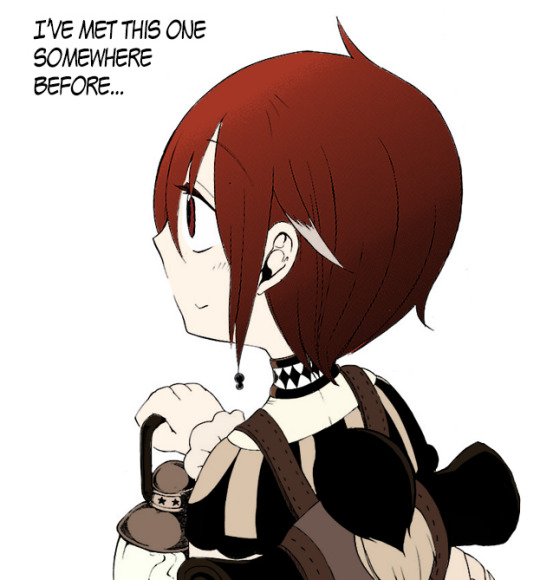
requested by anon: Raymond Atwood manga colouring
#; requests#torture tower doesn't sleep#torture tower doesn't sleep edit#torture tower doesn't sleep kin#torture tower doesn't sleep manga colouring#manga colouring#raymond atwood#raymond atwood kin#raymond atwood manga colouring
3 notes
·
View notes
Photo

[id: a light yellow userbox with a yellow border and yellow text that reads “this user has adopted raymond atwood ”. on the left is an image of raymond atwood from Torture Tower Doesn’t Sleep. /end id]
#Torture Tower Doesn’t Sleep#raymond atwood#soft aesthetic#soft userbox#soft userboxes#softcore#soft#cute aesthetic#cute userbox#cute userboxes#cutecore#cute#pastelcore#pastel userboxes#pastel aesthetic#pastel userbox#pastel#userboxes#userbox
16 notes
·
View notes
Note
Hi Rouge! Hope you’re doing well ^^ Um if you’re up for this request I’d like to request art of my favourite found-family brothers (I’m not biased I SWEEEEEAAAAR), Lloyd Lowell and Raymond Atwood from a niche little series called Torture Tower Doesn’t Sleep! I don’t mind which art style you choose since I like them all equally, and if you need any info on them I can let you know! Thank you very much and feel free to decline ☆
I know barely anything about this series (aside from a quick look at the wiki) but I hope I did them some justice!! They were both fun to draw!
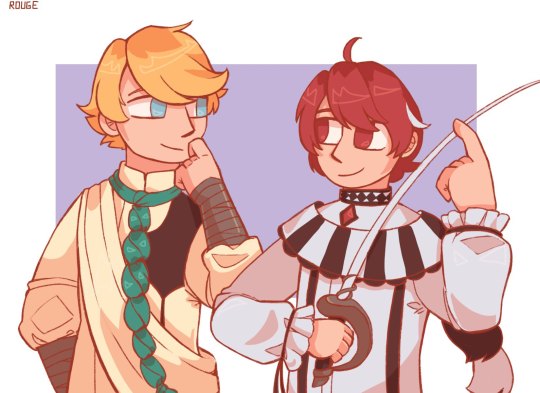
Hope you like it!
4 notes
·
View notes
Text
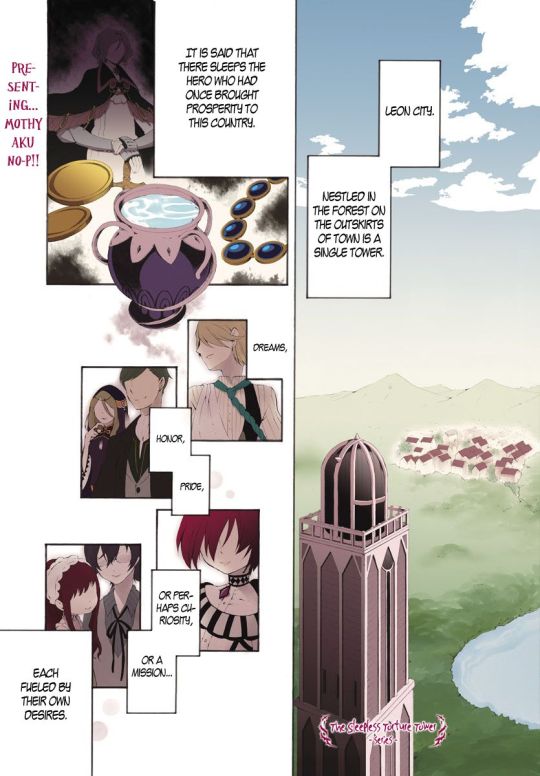

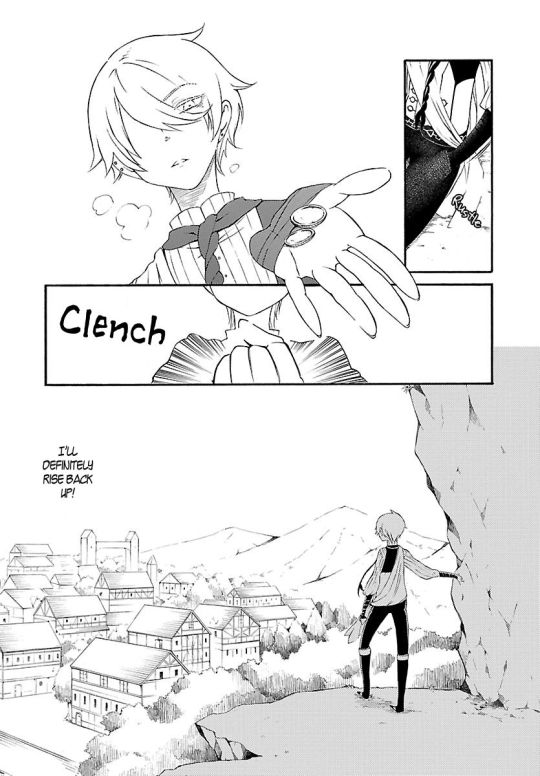
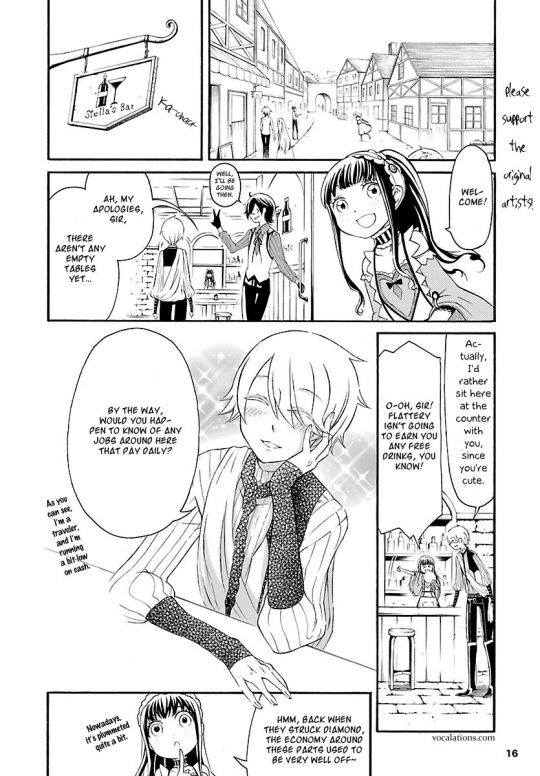





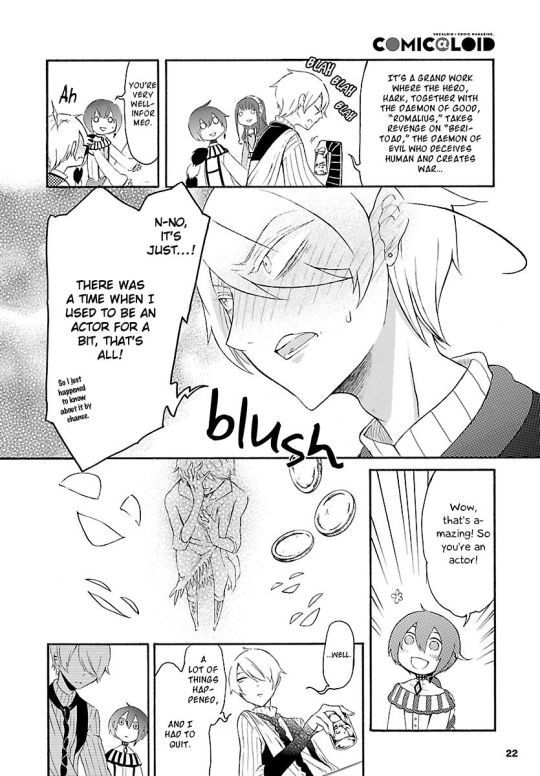
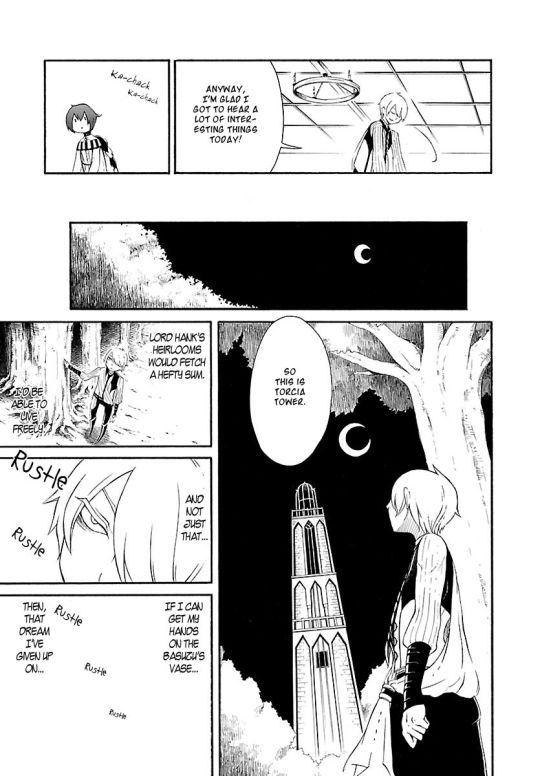
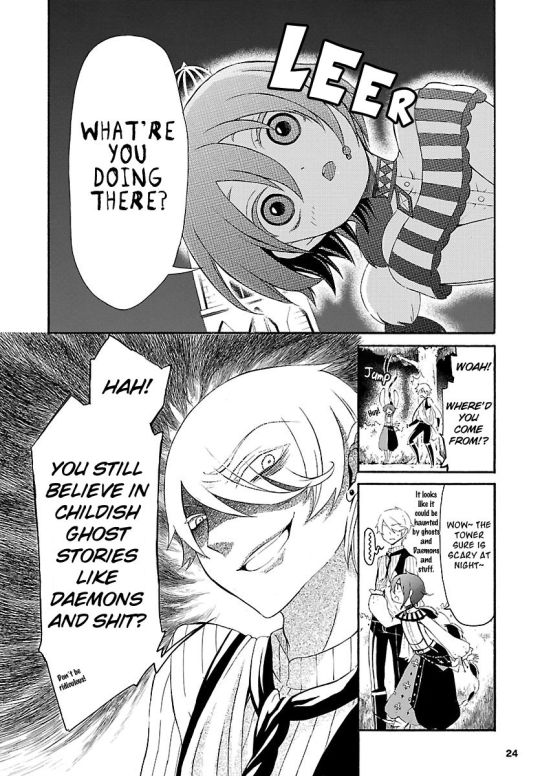




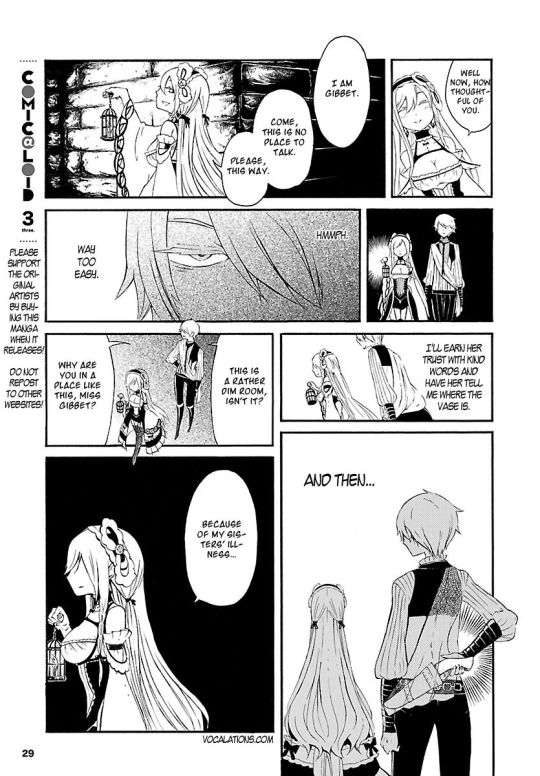

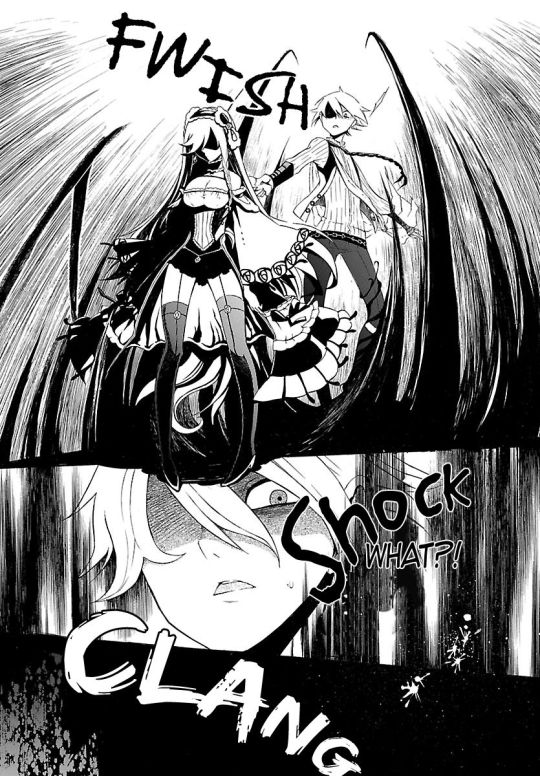
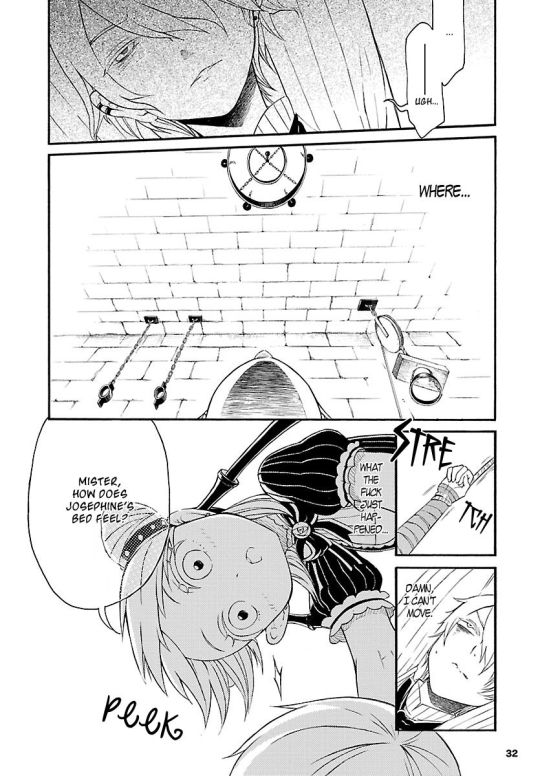



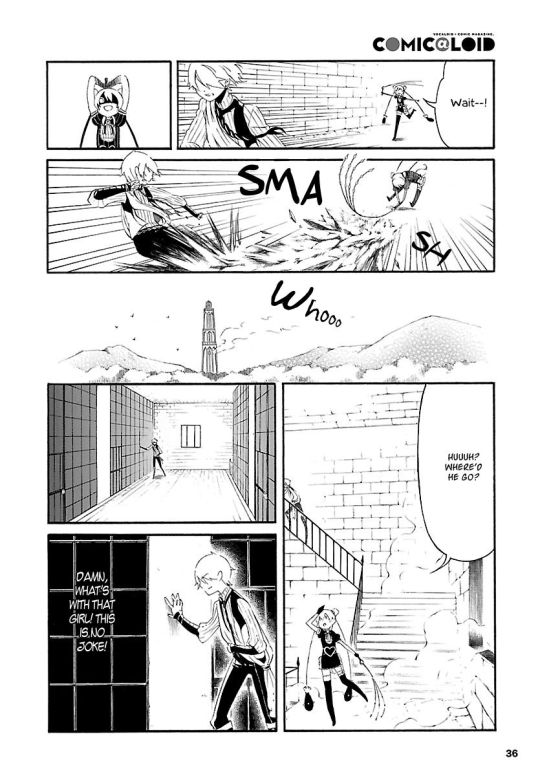
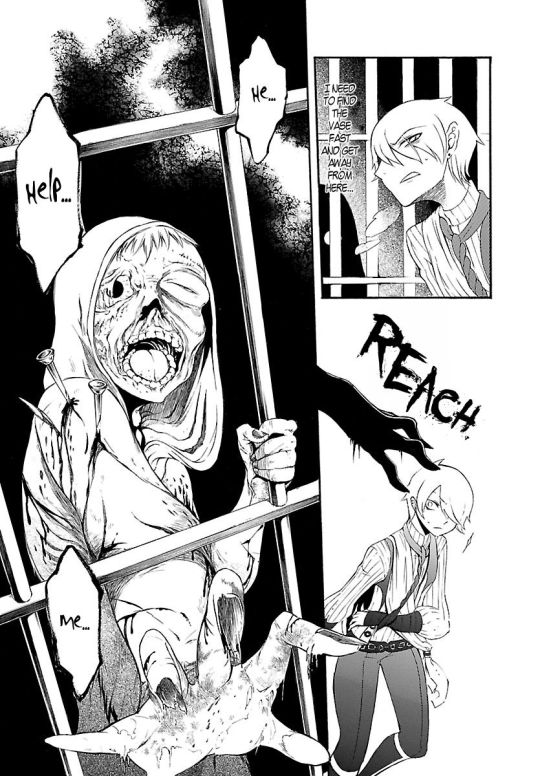
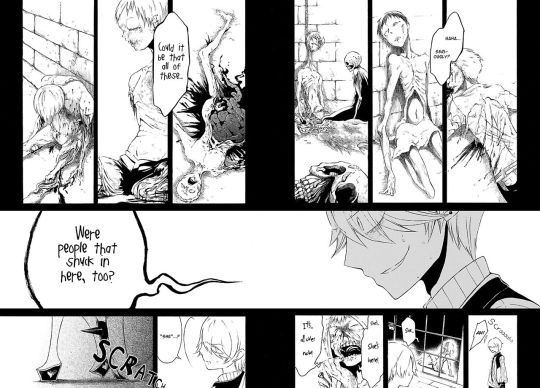

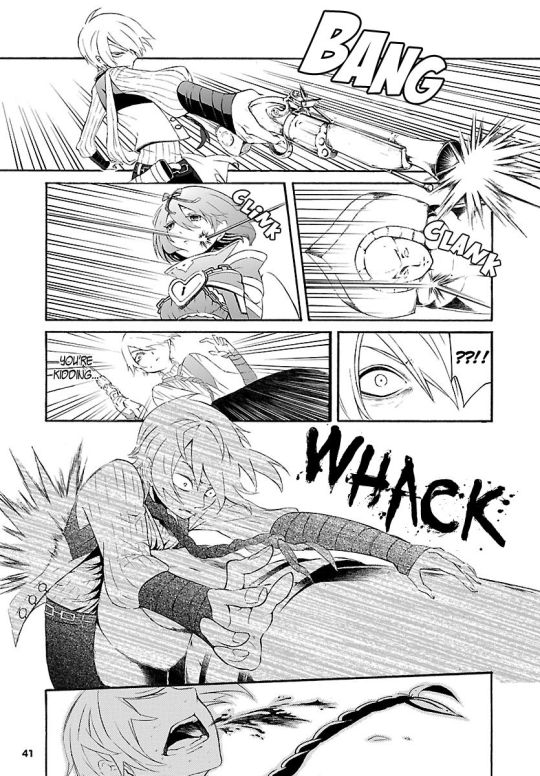

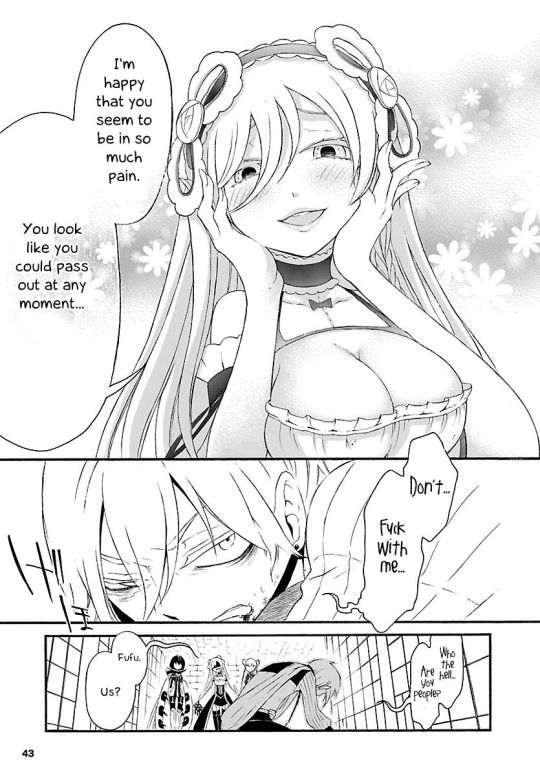
#ttds#torture tower doesn't sleep#lloyd lowell#benji kemp#stella townsend#raymond atwood#gibbet#rack#maiden
1 note
·
View note
Photo











musings on writing
Heaven Is Not Verbose: A Notebook by Vera Pavlova (tr. Steven Seymour), Letters Home by Sylvia Plath, MaddAddam by Margaret Atwood, A Breath of Life by Clarice Lispector, Isak Dinesen quoted by Raymond Carver, The Unabridged Journals of Sylvia Plath by Sylvia Plath, from a letter to Max Brod by Franz Kafka, Conversations with Kafka by Gustav Janouch, The Story of the Lost Child by Elena Ferrante, The Diary of Anaïs Nin, Vol. 1: 1931-1934
buy me a coffee
#web weavings#parallels#writing#poetry#quotes#literature#classic literature#sylvia plath#the unabridged journals of sylvia plath#margaret atwood#clarice lispector#franz kafka#gustav janouch#elena ferrante#anais nin#translated literature#dark academia#musings#web weaving
4K notes
·
View notes
Text
100 Books to Read Before I Die: Quest Order
The Lord Of The Rings by J. R. R. Tolkien
In Search of Lost Time by Marcel Proust
The Great Gatsby by F. Scott Fitzgerald
A Wrinkle in Time by Madeleine L’Engle
Jane Eyre by Charlotte Brontë
Pride and Prejudice by Jane Austen
Frankenstein by Mary Shelley
The Good Soldier by Ford Madox Ford
Under The Net by Iris Murdoch
American Pastoral by Philip Roth
The Unbearable Lightness of Being by Milan Kundera
Animal Farm by George Orwell
Housekeeping by Marilynne Robinson
Anna Karenina by Leo Tolstoy
Atonement by Ian McEwan
Crime And Punishment by Fyodor Dostoyevsky
The Grapes Of Wrath by John Steinbeck
Midnight’s Children by Salman Rushdie
Lucky Jim by Kingsley Amis
Slaughterhouse-Five by Kurt Vonnegut
The Sun Also Rises by Ernest Hemingway
Invisible Man by Ralph Ellison
A Passage to India by EM Forster
Of Human Bondage by W. Somerset Maugham
The Prime of Miss Jean Brodie by Muriel Spark
The Amazing Adventures of Kavalier and Clay by Michael Chabon
If on a Winter’s Night a Traveller by Italo Calvino
The Hitchhiker’s Guide to the Galaxy by Douglas Adams
1984 by George Orwell
White Noise by Don DeLillo
The Count of Monte Cristo by Alexandre Dumas
The Sound and the Fury by William Faulkner
The Stranger by Albert Camus
Lolita by Vladimir Nabokov
Oscar And Lucinda by Peter Carey
The Wind-Up Bird Chronicle by Haruki Murakami
Gulliver’s Travels by Jonathan Swift
Brave New World by Aldous Huxley
As I Lay Dying by William Faulkner
To Kill A Mockingbird by Harper Lee
Lord of the Flies by William Golding
The Portrait of a Lady by Henry James
The Call of the Wild by Jack London
Pale Fire by Vladimir Nabokov
Beloved by Toni Morrison
Tinker Tailor Soldier Spy by John Le Carré
Austerlitz by W. G. Sebald
The Scarlet Letter by Nathaniel Hawthorne
Brideshead Revisited by Evelyn Waugh
Tropic of Cancer by Henry Miller
The Age of Innocence by Edith Wharton
Mrs. Dalloway by Virginia Woolf
The Heart Is a Lonely Hunter by Carson McCullers
The Phantom Tollbooth by Norton Juster
Ulysses by James Joyce
Scoop by Evelyn Waugh
Haroun and the Sea of Stories by Salman Rushdie
Things Fall Apart by Chinua Achebe
Middlemarch by George Eliot
Are You There, God? It’s me, Margaret by Judy Blume
Clarissa by Samuel Richardson
Moby-Dick by Herman Melville
The Handmaid’s Tale by Margaret Atwood
Herzog by Saul Bellow
The Brief Wondrous Life of Oscar Wao by Junot Diaz
Wuthering Heights by Emily Brontë
Don Quixote by Miguel De Cervantes
A Bend in the River by V. S. Naipaul
A Dance to The Music of Time by Anthony Powell
The Strange Case of Dr Jekyll and Mr Hyde by Robert Louis Stevenson
Go Tell It On The Mountain by James Baldwin
Wide Sargasso Sea by Jean Rhys
Catch-22 by Joseph Heller
The Rainbow by D. H. Lawrence
Song of Solomon by Toni Morrison
I, Claudius by Robert Graves
Nostromo by Joseph Conrad
The Tin Drum by Gunter Grass
Madame Bovary by Gustave Flaubert
The Catcher in the Rye by JD Salinger
Charlotte’s Web by E. B. White
Tom Jones by Henry Fielding
His Dark Materials by Philip Pullman
Alice’s Adventures In Wonderland by Lewis Carroll
Little Women by Louisa M Alcott
Great Expectations by Charles Dickens
Portnoy’s Complaint by Philip Roth
Watchmen by Alan Moore
One Hundred Years of Solitude by Gabriel García Márquez
Robinson Crusoe by Daniel Defoe
Tristram Shandy by Laurence Sterne
On the Road by Jack Kerouac
The Big Sleep by Raymond Chandler
The Wind in the Willows by Kenneth Grahame
To the Lighthouse by Virginia Woolf
The Corrections by Jonathan Franzen
The Trial by Franz Kafka
Their Eyes Were Watching God by Zora Neale Hurston
Money by Martin Amis
David Copperfield by Charles Dickens
7 notes
·
View notes
Note
Hi, happy nice ask day!
Tell me what 5 books you have and intend to read them, but they've waited a long time already?
Hah omg, if you could see the size of the TBR pile that sits next to my bed 😬 Not kidding there’s over 100 books in it. I read a lot, but I’m also pretty powerless against the allures of a bookshop! 🤷♀️
Okay, so I’ve checked the pile and here are five of the ones that have sat on it for the longest time:
- The Long Goodbye, by Raymond Chandler
- The Testaments, by Margaret Atwood (for reasons of I want to reread The Handmaid’s Tale before diving into the sequel and just keep not getting around to it)
- The Book of Dust, by Phillip Pullman (for the same reason as the one above, except this would involve rereading the whole His Dark Materials trilogy and who’s got the time?? But also I have shit memory, so I really really need the refresher)
- The Vanishing Half, by Britt Bennett
- Stay Another Day, by Juno Dawson (which I keep meaning to read around Christmas time and then forgetting and then having to put off for another year 😂 I can’t explain the way my brain works, this is just how it is!)
Thanks for playing, this was fun! Talking books is 100% my jam 😊
7 notes
·
View notes
Text
2023 Reading Roundup
Everything what I read in 2023
I read a whole bunch.
Heartily Recommend
Visceral Bleh
Reread
*Audiobook*
Fiction
Where the Crawdads Sing by Delia Owens (where is the fucking humidity in your swamp, Delia??)
Days Without End by Sebastian Barry
Lot by Bryan Washington
Mr. Loverman by Bernadine Evaristo
A Court of Thorns and Roses by Sarah J Maas
Trust by Hernan Diaz
The Remains of the Day by Kazuo Ishiguro
The Cellist of Sarajevo by Steven Galloway
The Unquiet Dead by Ausma Zehanat Khan
It Ends with Us by Colleen Hoover
By Nightfall by Michael Cunningham
Wolf Hall by Hilary Mantell (but everyone is called Thomas)
Verity by Colleen Hoover (awful but wacky and hilariously awful)
Katalin Street by Magda Szabo
The Marriage Portrait by Maggie O’Farrell
Our Missing Hearts by Celeste Ng
Animorphs #24 The Suspicion by KA Applegate (a trip)
Lost Children Archive by Valeria Luiselli
The Island of Forgetting by Jasmine Sealy
Everything I Never Told You by Celeste Ng
The Trio by Johanna Hedman
At the Bottom of the River by Jamaica Kincaid
The Whale Rider by Witi Ihimaera
Libertie by Kaitlyn Greenidge
Silence by Shusaku Endo
When Women Were Dragons by Kelly Barnhill
Babel by RF Kuang (was so disappointed by this one)
The Bass Rock by Evie Wyld
Island by Siri Ranva Hjelm Jacobsen
The Gold-Rimmed Spectacles by Giorgio Bassani
Must I Go by Yiyun Li
The 1,000 Year Old Boy by Ross Welford
She Who Became the Sun by Shelley Parker Chan
Ariadne by Jennifer Saint
The Singer’s Gun by Emily St. John Mandel
Memphis by Tara M Stringfellow
The Whirlpool by Jane Urquhart
Get a Life, Chloe Brown by Talia Hibbert
A Country of Eternal Light by Paul Dalgarno
Yellowface by RF Kuang
The Country of Others by Leïla Slimani
The Grass is Singing by Doris Lessing
American Wife by Curtis Sittenfeld
All Passion Spent by Vita Sackville-West
The House of Doors by Tan Twan Eng
Game Misconduct by Ari Baran
Demon Copperhead by Barbara Kingsolver
Uprooted by Naomi Novik (sorry Naomi :/ )
The Foot of the Cherry Tree by Ali Parker
The Big Sleep by Raymond Chandler
Matrix by Lauren Groff
The Twilight World by Werner Herzog
Wild by Kristen Hannah
*The Fraud by Zadie Smith*
The Mountains Sing by Nguyen Phan Que Mai
The Wind Knows My Name by Isabel Allende
Remarkably Bright Creatures by Shelby Van Pelt
This Other Eden by Paul Harding
The Kraken Wakes by John Wyndham (weirdly, one of the best depictions of a marriage I’ve read)
The Nickel Boys by Colson Whitehead
Against the Loveless World by Susan Abdulhawa
North Woods by Daniel Mason
Shadows on the Rock by Willa Cather
The Tiger’s Wife by Téa Obreht
Animorphs: The Hork-Bajir Chronicles by KA Applegate
Roman Stories by Jhumpa Lahiri
Animorphs #13 The Change by KA Applegate
Animorphs #14 The Unknown by KA Applegate
Animorphs #20 The Discovery by KA Applegate (snuck in two more under the wire… #20 is when shit REALLY kicks off. From there it gets darker and darker).
Poetry
Black Cat Bone by John Burnside
Women of the Harlen Renaissance (Anthology) by Various
The Analog Sea Review no. 4 by Various
The World’s Wife by Carol Ann Duffy
Non-Fiction
Besieged: Life Under Fire on a Sarajevo Street by Barbara Demick
Atlas of Abandoned Places by Oliver Smith
Novelist as a Vocation by Haruki Murakami
Empire of Pain: The Secret History of the Sackler Dynasty by Patrick Radden Keefe
Wanderers: A History of Women Walking by Kerri Andrews
City of Laughter: Sex and Satire in Eighteenth Century London by Vic Gatrell
The Lazarus Heist: From Hollywood to High Finance by Geoff White (fully available as a podcast)
The Entangling Net: Alaska’s Commercial Fishing Women Tell Their Stories by Leslie Leyland Fields (very niche but fascinating. Transcribed interviews)
Free: Coming of Age at the End of History by Lea Ypi
Hijab Butch Blues: A Memoir by Lamya H.
Freedom by Margaret Atwood (just excerpts from novels repackaged)
*Born a Crime by Trevor Noah* (Noah’s narration is superb)
The Slavic Myths by Noah Charney and Svetlana Slapšak (was expecting stories, but it was mostly academic essays)
Manga, Comics, Graphic Novels
Safe Area Goražde by Joe Sacco
The Way of the House-Husband, vol. 1 by Kousuke Oono
SAGA vol. 1-6 by Fiona Staples and Brian K Vaughan
Top of the Top:
Born a Crime was probably my favourite non ficition, and most of that probably is due to Trevor Noah's narration skills. It was very entertaining and heartfelt.
Less uplifting but just as gripping in a different way was Empire of Pain. Excellent book that went deep into the why and what and hows of Purdue Pharma. Anger inducing.
Lazarus Heist is great and available as a podcast. The book is more or less the podcast word for word.
Fictionwise: I read Trust at the start of the year and it was a bit soon to declare as favourite of the year, but it's stil made the final cut. Just very imaginative and intriguing. Just my kind of MetaFiction. Clever without being cleverclever.
Demon Copperhead I read right off the back of Empire of Pain so maybe that coloured my experience. I've not read any Dickens so loads of references no doubt flew past me, but the language was acrobatic and zingy. I loved it.
Wrapped up the year on a high with North Woods. That was so unexpected and entertaining. Again with the playful language, memorable characters and a unique approach to tying all the various stories together. One that sticks in the mind and makes the writer in me wonder how I can replicate his style (with my own personal twist of course.)
#a whole bunch of books#reading roundup#Still one day to go but i don't think i'm going to finish anything else#year in books#2023 in books
6 notes
·
View notes
Text
Scores of books go into print in Iran every year. Data from 2018 puts the number of published titles at 102,691, positioning Iran as one of the top 10 nations with the most books released annually. The figures have slightly fluctuated ever since, but Iran has remained loyal to its publishing bonanza.
A tradition of translating literature from English, as well as other European languages, into Persian has long animated Iran’s cultural scene, accounting for the lion’s share of Iranians’ reading preferences. Some of the country’s most celebrated intellectuals rose to fame courtesy of their translation work, which the middle-class treasures as a bridge to the rest of the world, facilitated by elites who understand the nuances of exotic cultures and interpret them for the inhabitants of a hermit kingdom.
As different realms of artistic practice continue to be constrained by the hard-line conservative administration of President Ebrahim Raisi and independent artists find themselves hard-pressed to subsist under heightened levels of fear and inhibition, Iran’s vibrant tradition of literature translation is becoming the collateral damage of a retrograde cultural agenda. For a government that is overtly opposed to anything that resembles the relics of the modern world, clamping down on translated books that showcase the best of Western literature appears entirely justified.
The introduction of some of the finest translated classic literature predates the Islamic Republic. Still, the translation of contemporary U.S., British, and other European novels and nonfiction into Persian gained currency following the 1997 ascent of the reform-minded President Mohammad Khatami, who ventured to reverse the country’s self-inflicted isolation and initiated a fresh national introspection on the relatively alien concepts of press freedom and civil liberties. Along with dozens of progressive newspapers that were issued licenses to operate, new publishing houses were founded that specialized in translated literature.
After years of cultural strangulation in which newspapers, books, music, and other forms of artistic expression languished, the birth of a nascent reform movement meant Iranians were afforded propitious opportunities to explore the outside world. International travel became trendy, and many families started sending their children to language institutions to prime them for educational programs overseas. At the same time, literary translators provided enchanting insights into Western life by making the masterpieces of U.S. and European literature accessible to Iranian readers.
As the rules on vetting cultural products were eased and censorship mutated into subtle forms, young, middle-class Iranians gained better access to the works of writers such as Margaret Atwood, Raymond Carver, Doris Lessing, Toni Morrison, Harold Pinter, J. D. Salinger, and Kurt Vonnegut, and exposures that were previously unthinkable were made possible piecemeal. The internet had not yet evolved into a dominant mode of communication, and people were still circumscribed in their ability to broaden their global experiences. The translated books would give them a glimpse of what distinct cultures and lifestyles looked like, especially regarding mundane particulars.
The year Khatami was elected president, no more than 2,450 titles out of a total of 14,386 books published were works of translation. When his presidential term expired in 2005, nearly 39,000 books were published, and 9,146 of them were translations. The significant rise in the number of translated books signaled that literary practitioners were orienting Iranian readers to the best of world literature and also that the market was receptive to that sort of output.
That doesn’t mean that every work of Western literature could be translated and published freely, though, or that those that survived the purgatory of censorship at the Ministry of Culture and Islamic Guidance were faithful, verbatim reproductions.
First, with Iran being an outlier of the 1886 Berne Convention on copyright, most books are translated in Iran without the authors’ and primary publishers’ permission, at times spawning international disputes.
Translated works were also plagued by bowdlerization. During the various stages of translation and preparation, any passage construed as having a political message that could be potentially unfavorable to the government was typically expunged preemptively by translators or eventually omitted by the stern reviewers based at the culture ministry, and the erotic innuendos that are fixtures of many novels were hardly ever tolerated. It was thus common to see poorly sanitized and redacted translations of Nobel Prize-winning books and other literary masterpieces for sale at bookstores and seasonal exhibitions.
Yet the window of cultural familiarization was open wider than it had been since immediately after the revolution, catapulting a number of prolific translators to national acclaim. Reading translated books came to be seen as a mark of intellectual sophistication and refinement. In cozy cafes in Tehran and other large cities, some of which had emerged as literary hangouts, passionate young people, including female university students, discussed the latest U.S. and European literature they had read, both as a departure from the vicissitudes of life and to flaunt their artistic know-how.
A career in translation soon became so esteemed that Iranian publishers featured the names of translators on the book covers with the same font size and stature as the authors, and usually included brief biographical blurbs of the translators somewhere on the back cover or before the preamble. However, translation work never matured into a profitable enterprise. Book circulations are notoriously low, and some titles are printed in as few as 1,000 copies. And despite near-universal adult literacy, which the government says stands at 97 percent (UNESCO puts it at 85.5 percent), reading is not ubiquitous across generations. This kept translators’ financial prospects within bounds.
With the advent of the internet and social media, the reliance on translated books as the primary conduit of learning about what lies beyond the national boundaries was challenged and supplanted with new availabilities, but the books didn’t lose their luster. Indeed, reading translated literature continues to be an emblem of enlightenment and cosmopolitan, pro-Western attitudes.
This is largely why resistance to translation has been a hallmark of the cultural policies of the various conservative, hard-line administrations that have been in power on and off since 1979—including the current government of Raisi.
Censorship has been the most effective tool used by hard-line administrations to sideline translation and stymie the intimate cultural connections that Iranians could have forged with unfamiliar Western cultures, even when those bonds were solely cognitive and cerebral. At times, translators complained that entire paragraphs or even chapters were eliminated from their drafts, often convincing them to withdraw the manuscripts in favor of their own reputation or that of their publishers.
Conservative administrations also often teamed up with like-minded publishers, earmarking substantial funds to purchase their books written by Iranian authors en masse, both as an economic stimulus and to proselytize a specific cultural and political viewpoint. The outcome was that in a barely competitive book market, publishers that primarily produced translated works were inevitably marginalized.
Since coming to power in August 2021, the Raisi government has been defined by its Orwellian aversion to civil liberties, women’s rights, and artistic expression. And translated literature has not been spared. Although no official road map has been announced on curtailing translation, it’s clear that the administration and its allies have been quietly working to thwart Western literature from influencing Iranian hearts and minds.
According to local media reports, in the three-month period ending on Sept. 22, 2022, a total of 1,431 translated books were published in Iran—a 37 percent decline compared to the summer of 2021, when 2,258 works of translation were printed over the same three-month period. In the first three months of the current Persian calendar year, 5,713 translated books have been released, while the number stood at 7,936 for the corresponding period last year, suggesting a steep decrease.
The administration doesn’t have the means to directly outlaw the translation of Western literature, though it’s likely it would have done so if it did have a legal mandate. But its top officials don’t shy away from publicly lamenting the notion of translation as something morally reprehensible.
Raisi explicitly told publishers at a recent book exhibit in Tehran that translated works should not be allowed to “overtake” domestically written books, and his minister of culture, Mohammad Mehdi Esmaili, said last year that “a stack of translated work has captured the minds and spirit of our children” and that this situation should change so that books written about the “rich Iranian, Islamic culture” become the focus of attention. He didn’t forget to mention that the “ideals and norms of the Islamic Revolution” should be preserved by the members of the book supervisory committee, which is in charge of ideologically screening manuscripts before they can be circulated.
During the 34th Tehran International Book Fair that wrapped up in May, books by Iranian authors were sold with a special discount of 25 percent, while translated books were offered with just a 15 percent price cut.
One of the members of the policymaking committee at the 2021 edition of the book fair, the country’s largest cultural event sponsored by the Ministry of Culture and usually visited in person by the supreme leader, is on the record saying the prevalence of translated books can bring about “cultural invasion.”
He also argued that subscribing to the international copyright convention and translating treatises into Persian after securing permission from Western publishing houses is “extremely dangerous and illogical.” He didn’t elaborate on why Iran complying with its copyright obligations would be dangerous, but it is probably the case that, in the thinking of the Islamic Republic authorities, upholding copyright would necessitate refusing to arbitrarily abridge or alter the content of the books, and this is something they won’t acquiesce to.
Mohammad Hosseini, the vice president for parliamentary affairs and a former culture minister under former President Mahmoud Ahmadinejad, said in April that the translation of written texts from other languages during the Qajar and Pahlavi eras induced “infatuation, alienation, and Westernization” among Iranians. In a conference dedicated to what is billed as the “reverse translation movement,” he gloated about the government’s plans to have the books of Iranian authors translated into the world’s most commonly spoken languages. He claimed that “from China to the United States and from Russia to Africa,” people around the world are curious to read the works of Iranian writers and intellectuals, which is why the government is going to invest in encouraging “reverse translation” as opposed to financing the translation of Western literature into Persian.
It’s not a bad idea to promote books by Iranian writers and make them available to readers internationally. But as long as they are merely works of a religious nature or otherwise ideologically charged materials that the government wishes to popularize, rather than the best works of modern Iranian literature, the reverse translation campaign will remain a lost cause.
Many young Iranians are still avid fans of Western literature, and however determined the Islamic Republic is in monopolizing the public’s media diet and cultural interests, most no longer wish to adhere to the government-mandated way of seeing things. A silent crackdown on translation may deprive some Iranians of the chance to access what their counterparts are reading elsewhere in the world, but it is hardly practical to cordon off a population that has never lost its appetite for international connectivity.
5 notes
·
View notes
Text

TTDS mention in Atelier Horloge PV for real
#evillious chronicles#torture tower doesn't sleep#hänsel#lloyd lowell#raymond atwood#pierrot.txt#art
9 notes
·
View notes
Text

3 notes
·
View notes
Text

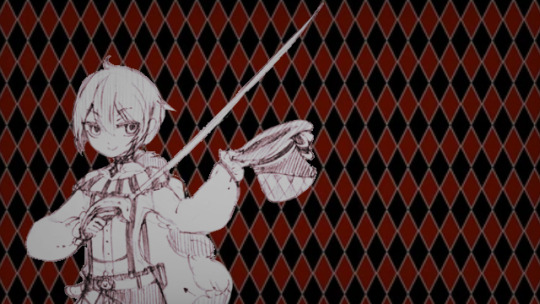
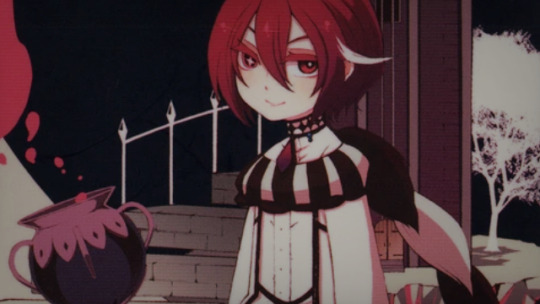
requested by @lunanitic-moon: Raymond Atwood headers
#; requests#torture tower doesn't sleep#torture tower doesn't sleep edit#torture tower doesn't sleep kin#torture tower doesn't sleep headers#headers#raymond atwood#raymond atwood kin#raymond atwood headers
5 notes
·
View notes
Text
Friday, October 6th
I have the week off next week :) I have a bunch of schoolwork to do, mostly midterms prep, but I’m really excited for time off. Hopefully I get some writing and reading done!
Recent watches: Coraline, Brooklyn nine-nine, Gravity Falls
Recent reads: My Last Duchess - Margaret Atwood, Araby - James Joyce, Cathedral - Raymond Carver
Recent work: finished converting the first two chapters of my Detectives story into a script! That’s all I had written, so everything now will be new
3 notes
·
View notes
Note
tigerlily + aster?? muah! 💕💕🌱
tigerlily— do you have any favorite quotes from any movies, tv shows, books, or poetry? (or from people in real life) [rubs my hands together] here are some but i am BEYOND happy to list more <3
I began to fall out of the sky. I fell a long way (Catherynne M. Valente, The Refrigerator Monologues)
The centre of every poem is this: I have loved you. I have had to deal with that. (Salma Deera, Letters from Medea)
There is no knife I want to open you with. Keep all your blood. (Raymond Antrobus)
let me stay tender-hearted, despite despite despite (Chen Chen)
You take my hand and / I’m suddenly in a bad movie, / it goes on and on. (Margaret Atwood, Power Politics)
the old arithmetic of love / got down by heart, / the hard way, / in a foreign tongue, too young (Jane Hirshfield, "Tonight the Incalcuable Stars"
love occurring / in the middle of the terrifying air. (James Baldwin)
Honorable mentions that live in my head rent-free:
Dinosaurs Smelled Magnolias by Dalton Day
Nightmare Kiss by Tony Barnstone
salt by Salma Deera
excerpt from Genesis by Valzhyna Mort
aster— do you have any 'fictional crushes' on any movie, tv show, or book characters? who and why? oh absolutely !!!! the list is long and varied so i'll try to keep it as brief as possible haha. fictional crushes include (but aren't limited to): jennifer honey (devito's matilda), meela nais (the mummy returns), d. hicks (aliens), maureen epps (ghost ship), and most recently sydney adamu and carmy berzatto (the bear fx)
3 notes
·
View notes